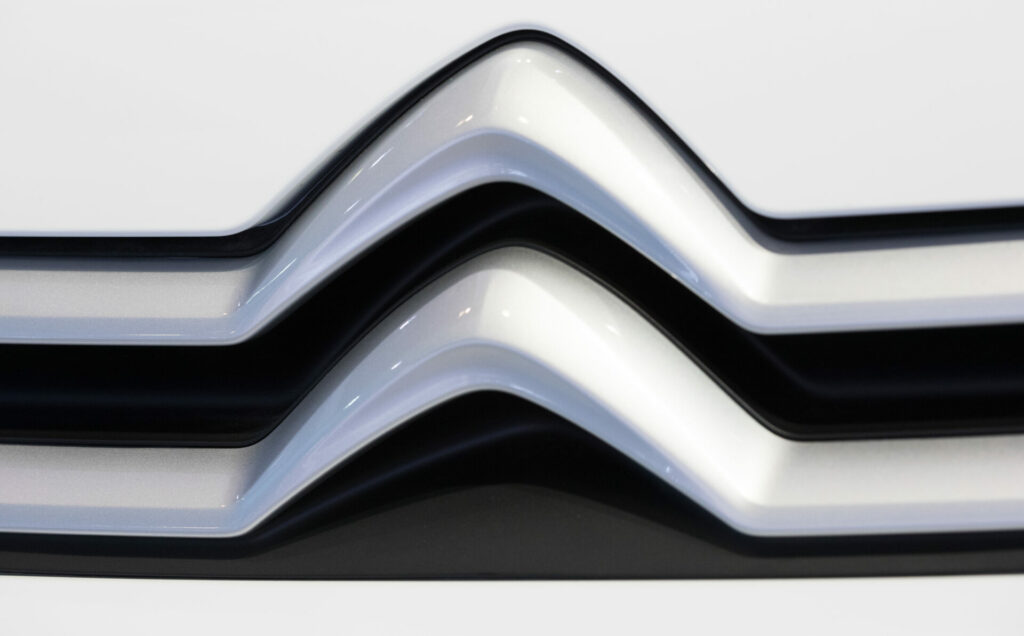French automaker Citroën has launched its all-new 'ë-C3, an affordable electric city car with a price tag of €23,300, manufactured in Europe.
Citroën's journey to find its place within the vast Stellantis automotive group, which includes brands like Peugeot, Opel, Fiat, and others, has seen several strategic shifts. But now, with the introduction of the ë-C3, the brand is making a significant statement.
The move positions Citroën in direct competition with Chinese automakers in the rapidly growing affordable electric vehicle sector. The ë-C3 boasts an impressive range of 320 kilometres and will be available at a net price of €23,300, enabling Citroën to offer a remarkable monthly lease rate of just €99, after factoring in French incentives.
The emergence of this €100-a-month electric car fulfils a promise made by French President Emmanuel Macron and positions Citroën as the first manufacturer capable of delivering on this commitment. The ë-C3 will be manufactured at Stellantis' Trnava plant in Slovakia, solidifying its status as the leading European player in car production per capita.
Taking on the Chinese market
Affordability remains a critical factor in promoting the adoption of electric vehicles. With the increasing influx of Chinese electric vehicles into the European market, a European response was highly anticipated. Until now, the Dacia Spring, priced at €20,990, held the title of the most affordable electric car, but it's produced in China and is smaller than the ë-C3.
The forthcoming electric Renault 5, Volkswagen ID 2, and electric Fiat Panda, all under the Stellantis umbrella, are set to further bolster this segment. As of now, the European market for small electric city cars is underserved, with most options starting at a minimum of €30,000, even when including Chinese brands.
While experts, including the NGO Transport & Environment, have long argued that producing affordable electric cars in Europe with acceptable margins is feasible, manufacturers have been inclined to prioritize larger, higher-margin vehicles. Citroën's ë-C3 looks to bridge this gap, offering a practical solution for everyday urban mobility at an accessible price point.
Citroën's product director, Laurence Hansen, points out that the majority of daily commutes cover less than 80 kilometres, making a car with a 200-kilometer range more than sufficient for most people. This shift in focus aligns with the belief that affordability, rather than extreme range, is the primary concern for potential electric car buyers.
Citroën's ë-C3 benefits from a robust charging network, with 540,000 accessible charging stations in Europe. Fast charging capabilities enable the battery to reach an 80% charge in just 26 minutes, making it even more convenient for daily urban commutes.
Affordable version
The ë-C3 will also be offered in a more affordable version, starting at €19,990, with a 200-kilometer range. With its transparent pricing strategy, Citroën aims to provide an attractive and accessible electric vehicle for consumers who wish to make the transition to electric mobility.
Citroën's CEO, Thierry Koskas, expresses high hopes for the ë-C3's market impact, aiming to secure at least a 5% market share in Europe. The significant production capacity of Stellantis' Slovak plant, primarily dedicated to Citroën, should support this endeavour.
Pierre Leclercq, Citroën's design boss, who hails from Belgium, is immensely proud of the ë-C3's presentation. This affordable electric vehicle is the result of over four years of dedicated work and collaboration, demonstrating the power of teamwork between design, engineering, and purchasing departments.

